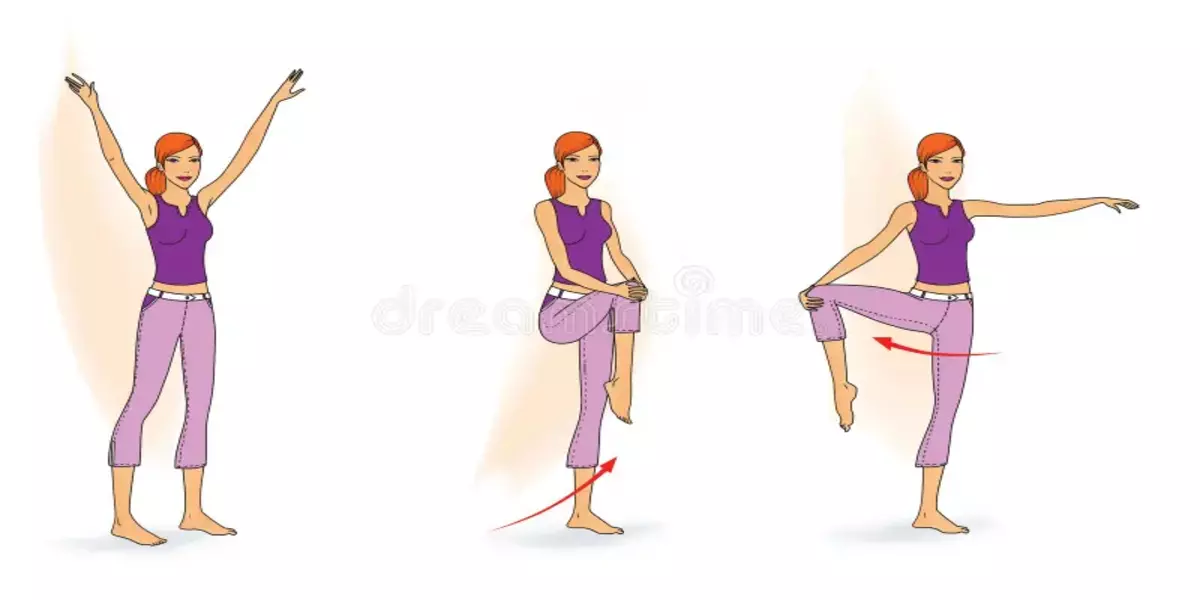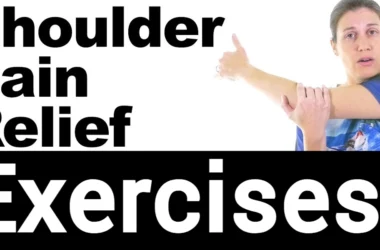Introduction
As we age, it becomes increasingly important to maintain a healthy weight to support our overall well-being and reduce the risk of various health conditions.
With a combination of proper diet and regular exercise, it is possible to achieve and sustain a healthy weight even as we get older.
In this article, we will explore some valuable tips and strategies for maintaining a healthy weight as you age.
Understanding the Importance of a Healthy Weight

Maintaining a healthy weight is essential for overall health and well-being, especially as we age. Excess weight can increase the risk of chronic diseases such as heart disease, type 2 diabetes, and certain types of cancer.
By achieving and sustaining a healthy weight, we can improve our quality of life and reduce the burden on our bodies.
Setting Realistic Goals
When it comes to weight management, it is crucial to set realistic goals. Rapid weight loss is often not sustainable and can lead to muscle loss and nutrient deficiencies. Instead, aim for gradual and steady weight loss or weight maintenance.
Consult with a healthcare professional or a registered dietitian to help you set realistic and achievable goals.
Emphasizing Nutrient-Dense Foods

A healthy diet is the foundation for maintaining a healthy weight. Focus on consuming nutrient-dense foods that provide essential vitamins, minerals, and antioxidants.
Include a variety of fruits, vegetables, whole grains, lean proteins, and healthy fats in your daily meals.
Avoid or limit processed foods, sugary drinks, and excessive amounts of sodium and saturated fats.
Portion Control and Mindful Eating

Practicing portion control and mindful eating can contribute to weight management.
Be aware of your hunger and fullness cues, and aim to eat until you are satisfied, not overly full. Use smaller plates and bowls to help control portion sizes.
Take your time to chew your food thoroughly and savor each bite. This approach can help prevent overeating and promote better digestion.
Staying Hydrated
Proper hydration is often overlooked but plays a significant role in maintaining a healthy weight. Drinking an adequate amount of water throughout the day can help you feel full and reduce unnecessary snacking.
Opt for water as your primary beverage and limit sugary drinks. Remember to drink water before, during, and after exercise to stay properly hydrated.
Incorporating Regular Exercise
Physical activity is crucial for weight management and overall health, regardless of age. Engaging in regular exercise helps burn calories, build muscle, and improve cardiovascular health.
Aim for at least 150 minutes of moderate-intensity aerobic activity or 75 minutes of vigorous-intensity aerobic activity each week.
Incorporate strength training exercises at least twice a week to preserve muscle mass and increase metabolism.
Strength Training and Muscle Building

As we age, our muscle mass tends to decline. Strength training exercises help counteract this natural process and support weight management.
Include exercises that target all major muscle groups, such as lifting weights, using resistance bands, or doing bodyweight exercises. Start with light weights and gradually increase the intensity as you build strength.
Cardiovascular Exercise for Heart Health
Cardiovascular exercise is essential for maintaining a healthy heart and burning calories. Engage in activities like brisk walking, jogging, cycling, swimming, or dancing to get your heart rate up.
Find activities that you enjoy and make them a regular part of your routine. Aim for at least 30 minutes of moderate-intensity aerobic exercise on most days of the week.
Flexibility and Balance Exercises

Incorporating flexibility and balance exercises is crucial for overall physical well-being, especially as we age.
Activities like yoga, tai chi, and Pilates can improve flexibility, balance, and posture.
These exercises also promote relaxation and reduce stress, which can indirectly contribute to weight management.
Finding Enjoyable Physical Activities
To maintain a healthy weight in the long term, it’s essential to find physical activities that you enjoy. Engaging in activities you love increases the likelihood of sticking to your exercise routine.
Try different types of exercises or join group classes to find what suits you best. Whether it’s dancing, hiking, swimming, or gardening, make it fun and enjoyable.
Managing Stress and Emotional Eating
Stress and emotional eating can derail your efforts to maintain a healthy weight.
Find healthy ways to manage stress, such as practicing mindfulness, deep breathing exercises, or engaging in hobbies you enjoy.
Also Read: How Much Should I Eat? Quantity and Quality
Avoid using food as a coping mechanism and seek support from friends, family, or a counselor if needed.
Getting Sufficient Sleep
Adequate sleep is essential for overall health and weight management. Lack of sleep can disrupt hunger and fullness hormones, leading to increased appetite and cravings. Aim for 7-9 hours of quality sleep each night.
Establish a bedtime routine, create a comfortable sleep environment, and limit caffeine intake in the evening to improve sleep quality.
Maintaining Social Connections
Maintaining social connections and engaging in meaningful relationships can positively impact your overall well-being, including weight management.
Surround yourself with supportive friends and family who encourage your healthy lifestyle choices.
Consider joining fitness groups, clubs, or community activities that promote social interactions and physical activities.
Monitoring and Tracking Progress

Credit: Getty Images/iStockphoto
Regularly monitor and track your progress to stay motivated and make adjustments if necessary. Keep a food diary to record your meals and snacks, and note how you feel after eating.
Use a fitness tracker or smartphone app to monitor your physical activity levels.
Celebrate your achievements along the way and seek guidance if you face any challenges.
Conclusion
Maintaining a healthy weight as you age requires a combination of proper diet and regular exercise.
By following the tips outlined in this article, you can achieve and sustain a healthy weight, improve your overall well-being, and reduce the risk of various health conditions.
Remember to consult with healthcare professionals for personalized guidance and support on your weight management journey.
Frequently Asked Questions (FAQs)
Q1: Is it possible to lose weight and maintain muscle mass as we age?
Yes, it is possible to lose weight and maintain muscle mass through a combination of regular exercise, including strength training, and a balanced diet.
It is essential to consult with a healthcare professional or a registered dietitian for personalized advice.
Q2: Can certain medical conditions affect weight management in older adults?
Yes, certain medical conditions or medications can affect weight management in older adults.
It’s crucial to discuss any underlying health conditions or medications with a healthcare professional to develop an appropriate weight management plan.
Q3: How often should I check my weight during the weight management process?
The frequency of checking your weight may vary depending on your goals and preferences.
Some individuals find it helpful to weigh themselves weekly, while others prefer monthly or less frequent check-ins. Focus on overall progress rather than day-to-day fluctuations.
Q4: Are there any specific diets recommended for weight management in older adults?
There is no one-size-fits-all diet for weight management in older adults. It’s best to focus on a balanced diet that includes a variety of nutrient-dense foods and suits your individual needs and preferences.
A registered dietitian can provide personalized guidance.
Q5: Can I maintain a healthy weight without exercise?
While a healthy diet plays a crucial role in weight management, regular exercise is essential for overall health and maintaining a healthy weight.
Exercise helps burn calories, build muscle, and improve metabolism. It is recommended to incorporate both diet and exercise for optimal results.







Luchando contra el insomnio .